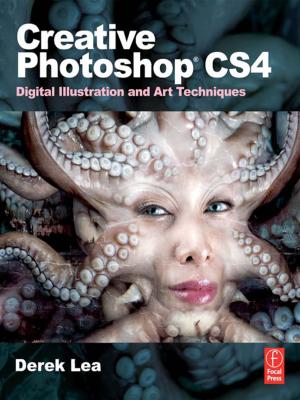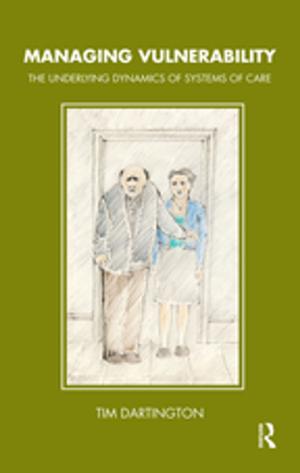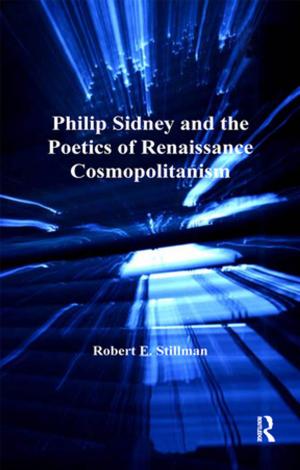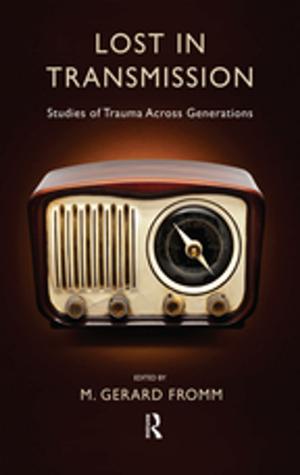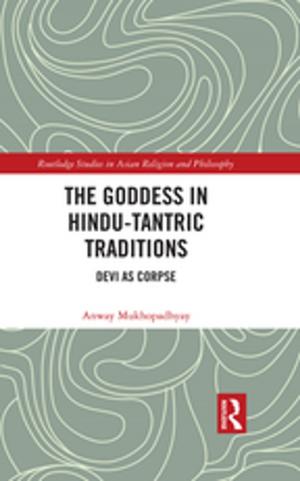Mythology of the Soul (Psychology Revivals)
A Research into the Unconscious from Schizophrenic Dreams and Drawings
Nonfiction, Health & Well Being, Psychology, Mental Illness| Author: | H.G. Baynes | ISBN: | 9781317528395 |
| Publisher: | Taylor and Francis | Publication: | April 10, 2015 |
| Imprint: | Routledge | Language: | English |
| Author: | H.G. Baynes |
| ISBN: | 9781317528395 |
| Publisher: | Taylor and Francis |
| Publication: | April 10, 2015 |
| Imprint: | Routledge |
| Language: | English |
Originally published in 1940, this classic study of two schizophrenic case-histories further opened up the seemingly intractable problem of this condition; a task preceded by Jung’s own Psychology of Dementia Praecox. It was Baynes’s grasp of the meaning of the symbol coupled with his wide scholarship that enable him to explore the case-histories in such remarkable and fruitful depth, thus linking pathological psychology through graphic expression and the dream of the myths of mankind and the universal man. This was truly a scientific task.
In case 1, the series of dreams, fantasies and active imagination, fully illustrated by the patients’ spontaneous paintings, suggested to him a kind of mythological imagery. Baynes then demonstrates the emergence and development of a hero myth together with its therapeutic effect upon the patient, as an inner personal experience of death and rebirth.
Baynes also applied the methods of synthesis to the understanding of modern art and its reflection of the spirit of the times – a realization of the basic split in the socio-religious structure of European Culture. In case 2, the subject was an artist, and out of his own split he seemed to have created a symbolic bridge that would be a therapeutic bridge for himself and a possible model for curing the evil of the times in which we then were living.
Originally published in 1940, this classic study of two schizophrenic case-histories further opened up the seemingly intractable problem of this condition; a task preceded by Jung’s own Psychology of Dementia Praecox. It was Baynes’s grasp of the meaning of the symbol coupled with his wide scholarship that enable him to explore the case-histories in such remarkable and fruitful depth, thus linking pathological psychology through graphic expression and the dream of the myths of mankind and the universal man. This was truly a scientific task.
In case 1, the series of dreams, fantasies and active imagination, fully illustrated by the patients’ spontaneous paintings, suggested to him a kind of mythological imagery. Baynes then demonstrates the emergence and development of a hero myth together with its therapeutic effect upon the patient, as an inner personal experience of death and rebirth.
Baynes also applied the methods of synthesis to the understanding of modern art and its reflection of the spirit of the times – a realization of the basic split in the socio-religious structure of European Culture. In case 2, the subject was an artist, and out of his own split he seemed to have created a symbolic bridge that would be a therapeutic bridge for himself and a possible model for curing the evil of the times in which we then were living.



